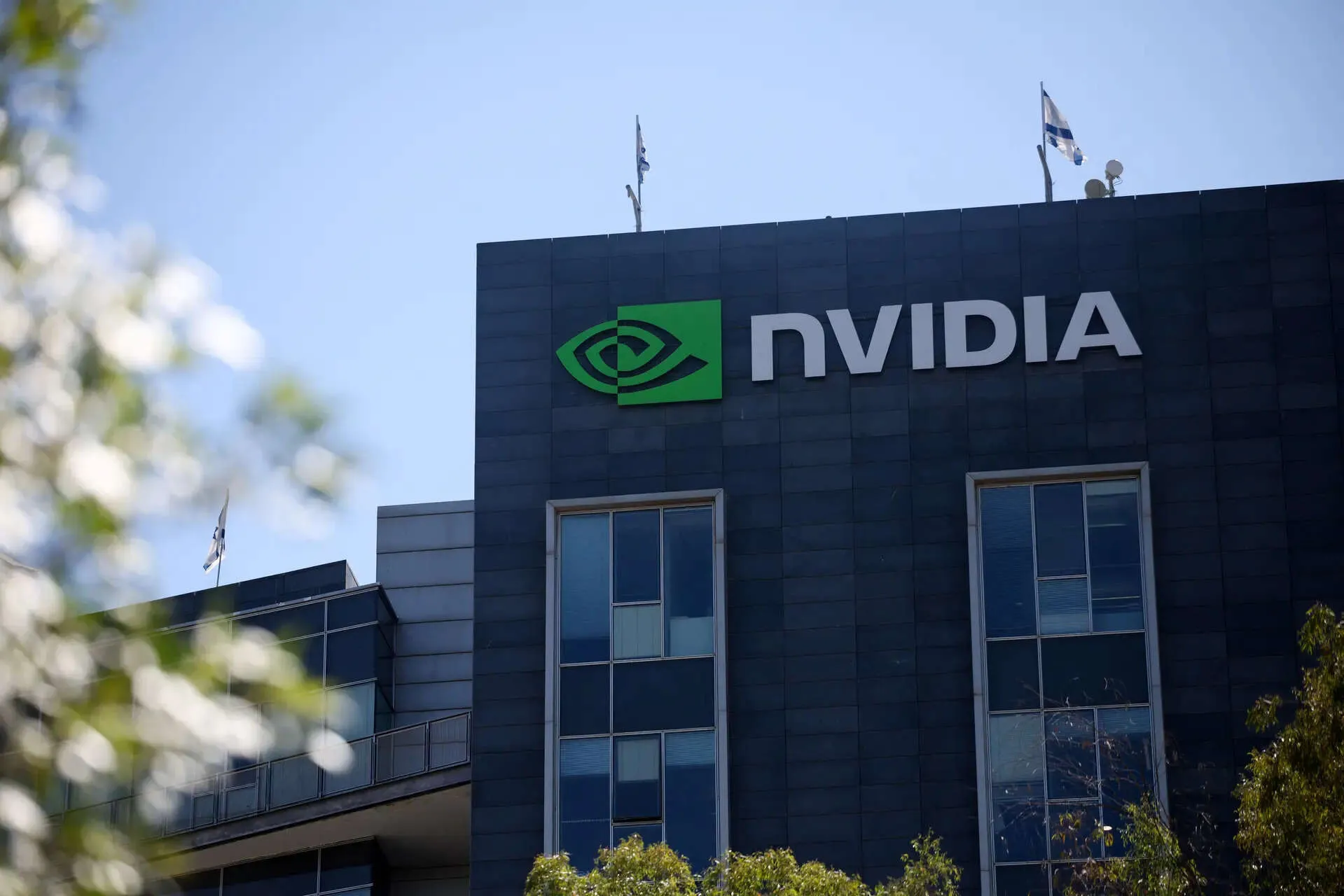Former President Donald Trump issued a new warning to the semiconductor industry, suggesting that companies not manufacturing in the U.S. could soon face steep tariffs. But despite the tough talk, most major chip stocks barely reacted, signaling that investors are taking a wait-and-see approach.
Speaking on Wednesday, Trump floated the idea of a 100% tariff on imported chips and semiconductors, though he stopped short of offering specifics such as a timeline or implementation details. His remarks were notably vague, leaving open several questions about how such a tariff would be enforced or what qualifies as "U.S.-based production."
“If you’re building in the United States of America, there’s no charge,” Trump said. He clarified that even if a company isn’t yet mass-producing or creating significant jobs, the act of building facilities on U.S. soil would be enough to avoid the tariff. However, he provided no concrete thresholds for what qualifies as “building” or investing at a sufficient level.
Trump made the announcement while standing beside Apple CEO Tim Cook, who unveiled plans to invest an additional $100 billion in the U.S., on top of the $500 billion Apple had already committed over several years. As part of this new round of investment, $2.5 billion will go toward manufacturing iPhone and Apple Watch cover glass at Corning Inc.’s Kentucky facility.
The announcement gave Trump an opportunity to present Apple’s expanded domestic investment as a win for U.S. manufacturing, especially in the smartphone sector. Still, some analysts were skeptical about whether this move signals any real shift in Apple’s broader production strategy.
According to Wedbush analyst Daniel Ives, the idea that Apple will start manufacturing iPhones in the U.S. in any meaningful way is far-fetched. “The reality continues to be that producing iPhones in the U.S. is unrealistic given the cost structure vs. Asia/India,” he wrote in a note Wednesday. “It remains a fairy tale concept in our view.”
Apple’s global supply chain has long relied on countries like China and India for large-scale iPhone assembly, and most experts believe that won't change significantly, regardless of political pressure or tax incentives.
In after-hours trading Wednesday, Nvidia Corp. shares saw a modest gain, while Advanced Micro Devices (AMD), Broadcom Inc., Marvell Technology, and Qualcomm all edged slightly lower. The lack of a strong market reaction suggests investors are not yet pricing in significant risks from Trump’s latest tariff warning.
Nvidia may be in a better position than some of its peers, having already pledged in April to invest $500 billion in domestic AI infrastructure over the next four years. The commitment includes building AI supercomputers in the U.S., which could curry favor with Trump and insulate the company from any future penalties.
Meanwhile, Texas Instruments and GlobalFoundries, two chipmakers with a larger domestic footprint, saw their shares rise approximately 3% and 6%, respectively. Intel Corp. also gained about 1% in after-hours action, possibly reflecting investor optimism around its existing U.S. manufacturing base.
Some investors are also brushing off Trump’s aggressive rhetoric as another episode in what’s colloquially called the “TACO” trade, shorthand for “Trump Always Chickens Out.” The phrase reflects a Wall Street belief that while Trump often makes bold threats, he tends to scale them back before they take effect.
This theory could explain the market’s muted response. Despite the potential implications of a 100% tariff, many investors may believe the actual policy will either be softened or never fully enacted, especially if it risks disrupting major U.S.-listed firms or key supply chains.
While Trump’s remarks reignited trade tensions in the tech sector, the overall market reaction particularly in semiconductor stocks was relatively calm. With no immediate policy changes and a track record of walk-backs, investors appear to be weighing the rhetoric against practical outcomes.
For now, companies like Nvidia and Apple may benefit from their U.S. investment announcements, but broader shifts in chip production strategy are still unlikely in the near term. Until there’s more clarity on the scope, timing, and enforcement of these proposed tariffs, Wall Street seems content to stay cautious but not alarmed.

Subscribe to our newsletter!
As a leading independent research provider, TradeAlgo keeps you connected from anywhere.








